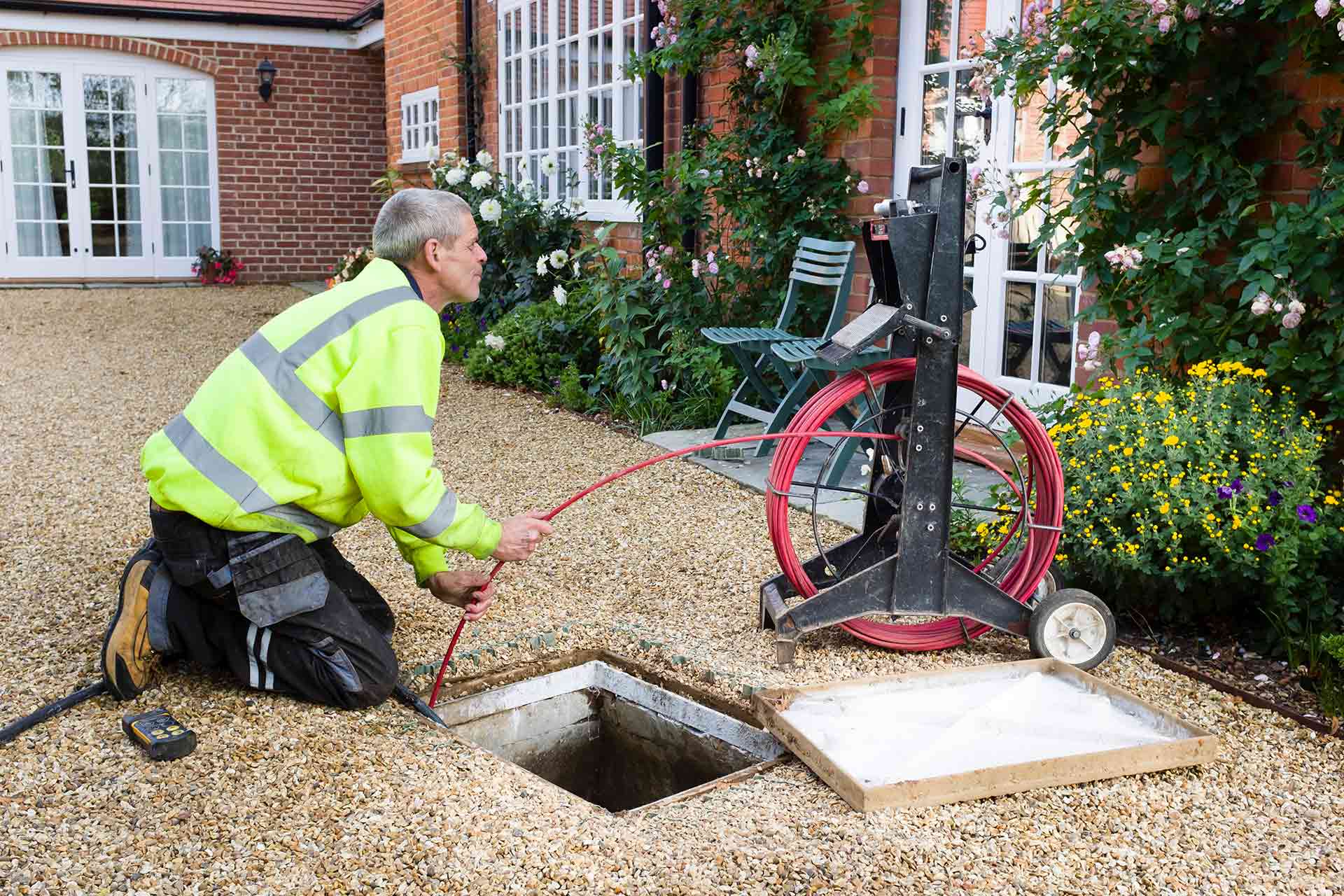
productsoftomorrow
Protect Your SkinThe Top 10 Most Common Plumbing Emergencies and How to Handle Them
Thursday , 9, May 2024 Business and Management Leave a comment
Dealing with plumbing emergencies can be stressful and overwhelming. Whether it's a burst pipe, a clogged drain, or a malfunctioning water heater, these issues can disrupt your daily routine and cause damage to your home. It's crucial to act quickly and effectively to minimize the damage and avoid costly repairs. In this article, we will discuss the top 10 most common plumbing emergencies and provide you with tips on how to handle them.
1. Burst Pipe
Signs of a Burst Pipe:
- Water gushing out of a pipe
- Water stains on walls or ceilings
- Decreased water pressure
How to Handle a Burst Pipe:
- Shut off the main water supply immediately
- Open faucets to relieve pressure
- Contact a plumber to repair or replace the pipe
2. Clogged Drain
Signs of a Clogged Drain:
- Water pooling in sinks or tubs
- Slow drainage
- Gurgling noises coming from drains
How to Handle a Clogged Drain:
- Try using a plunger or drain snake to clear the blockage
- Avoid using chemical drain cleaners as they can damage pipes
- If the clog persists, contact a plumber for professional help
3. Leaking Faucet
Signs of a Leaking Faucet:
- Dripping or running water when the faucet is turned off
- Water stains around the faucet
- Increased water bills
How to Handle a Leaking Faucet:
- Turn off the water supply to the faucet
- Replace worn-out washers or seals
- If the leak continues, consider replacing the faucet
4. Running Toilet
Signs of a Running Toilet:
- Constant sound of running water in the toilet tank
- Water overflowing into the toilet bowl
- Increased water bills
How to Handle a Running Toilet:
- Check and adjust the flapper or fill valve in the toilet tank
- Replace any damaged or worn-out parts
- If the issue persists, seek professional help
5. Water Heater Malfunction
Signs of a Water Heater Malfunction:
- No hot water
- Strange noises coming from the water heater
- Water leaks around the water heater
How to Handle a Water Heater Malfunction:
- Check the pilot light and thermostat settings
- Flush the water heater to remove sediment buildup
- If the issue persists, contact a plumber for repairs
6. Sewer Line Blockage
Signs of a Sewer Line Blockage:
- Foul odors coming from drains or toilets
- Multiple drains clogged at the same time
- Water backing up into drains
How to Handle a Sewer Line Blockage:
- Avoid using drains and toilets until the blockage is cleared
- Contact a plumber to perform a camera inspection and clear the blockage
- Consider preventive maintenance to avoid future blockages
7. Frozen Pipes
Signs of Frozen Pipes:
- Lack of water flow from faucets
- Frost on exposed pipes
- Bulging or cracked pipes
How to Handle Frozen Pipes:
- Thaw the pipes using a hairdryer or heating pad
- Keep faucets open to allow water to flow once the pipes thaw
- Insulate pipes to prevent future freezing
8. Low Water Pressure
Causes of Low Water Pressure:
- Leaking pipes
- Mineral buildup in pipes
- Malfunctioning pressure regulator
How to Handle Low Water Pressure:
- Check for leaks in pipes and repair as needed
- Clean aerators and showerheads to remove mineral deposits
- Adjust or replace the pressure regulator if necessary
9. Sump Pump Failure
Signs of Sump Pump Failure:
- Water pooling in the basement or crawlspace
- Unusual noises coming from the sump pump
- Sump pump not turning on or running continuously
How to Handle Sump Pump Failure:
- Check the power source and make sure the sump pump is plugged in
- Clean the sump pump to remove any debris or clogs
- Contact a plumber for repairs or replacement if needed
10. Gas Leak
Signs of a Gas Leak:
- Rotten egg smell (mercaptan) near gas appliances
- Hissing sound coming from gas lines
- Dead or dying vegetation near gas lines
How to Handle a Gas Leak:
- Evacuate the premises immediately
- Do not use any electronic devices or open flames
- Contact the gas company and emergency services right away
By being aware of these common plumbing emergencies and knowing how to handle them, you can prevent further damage to your home and avoid potential safety hazards. Remember that some issues may require professional assistance, so don't hesitate to contact a plumber if needed. Being prepared and acting quickly can make a significant difference in the outcome of a plumbing emergency.
Please give us your valuable comment
You must be logged in to post a comment.